Market Analysis
In-depth Analysis of Industrial Fasteners Market Industry Landscape
Battery-Powered Trains: A Catalyst for Automotive Fasteners Market Growth
An emerging trend in the transportation sector is the adoption of battery-powered trains, offering an alternative and energy-efficient solution for non-electrified rail units. This innovative approach involves high-capacity batteries integrated into trains, which are charged while the trains run on electrified sections and then utilize that stored energy when operating on non-electrified sections. This not only contributes to energy conservation but also aligns with sustainability goals in the transportation industry.
One of the significant advantages of battery-powered trains is their potential to replace traditional combustion engines. This transition not only leads to a reduction in maintenance costs but also addresses the escalating energy expenses associated with conventional train systems. The successful implementation of battery-powered systems in trains brings about a paradigm shift, enhancing passenger convenience and contributing to a more environmentally friendly mode of transportation.
As battery-powered trains gain traction, there is a ripple effect on the demand for automotive fasteners, particularly in the construction of battery packs and charging stations. The intricate assembly of components in these critical elements necessitates reliable and durable fastening solutions, such as rivets, nuts, and bolts. The choice of fasteners becomes crucial in ensuring the longevity and efficiency of these components, ultimately influencing the overall performance of battery-powered trains.
In the context of battery packs, the demand for automotive fasteners is driven by their role in securing various components together. The fasteners employed in these applications need to withstand the dynamic conditions associated with the train's movement, ensuring that the battery pack remains securely assembled throughout its operational life. The selection of non-magnetic fasteners, particularly those coated with silver or other highly conductive materials, becomes imperative to improve electrical conductivity between interconnected components. This enhancement in electrical conductivity not only ensures the efficient transfer of energy within the battery pack but also contributes to the overall efficiency of the battery-powered train.
Charging stations, another integral part of the battery-powered train ecosystem, also rely on automotive fasteners for their construction and maintenance. These fasteners play a pivotal role in securing various components of the charging infrastructure, ensuring its structural integrity and reliability. The demand for specialized fasteners, capable of withstanding the environmental conditions at charging stations, becomes apparent, underscoring the need for innovative solutions within the automotive fasteners market.
The growth opportunity presented by the increasing popularity of battery-powered trains extends beyond the immediate applications in trains themselves. It cascades into the broader ecosystem, influencing the demand for automotive fasteners in associated infrastructure, including charging stations and related components. Vendors operating in the global automotive fasteners market are poised to capitalize on this trend during the forecast period by providing advanced, reliable, and application-specific fastening solutions tailored to the unique requirements of battery-powered train systems.
In conclusion, the advent of battery-powered trains represents not only a technological shift in the transportation landscape but also a substantial growth opportunity for the automotive fasteners market. The multifaceted impact on energy conservation, reduced maintenance costs, and enhanced passenger convenience makes battery-powered trains a compelling choice for the future of rail transportation. As the industry continues to evolve, the role of automotive fasteners in ensuring the robustness and efficiency of these innovative train systems will be instrumental in shaping a sustainable and technologically advanced future for public transportation.


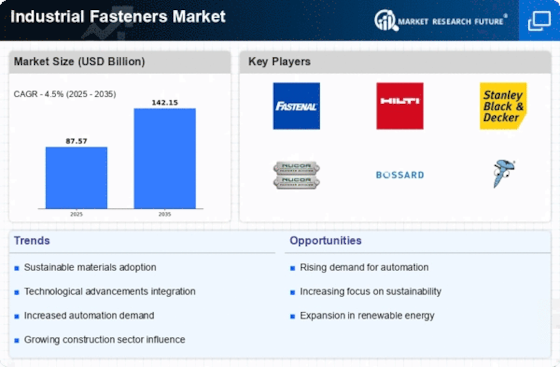
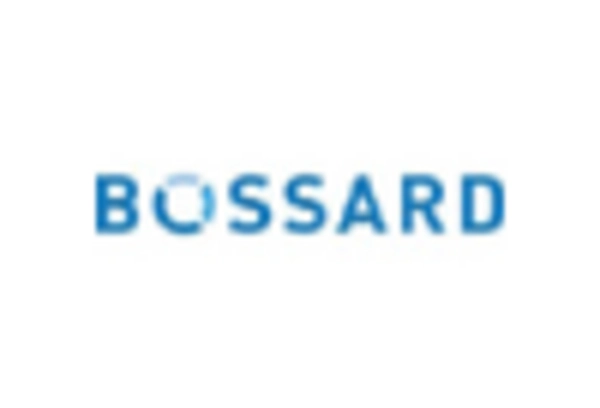
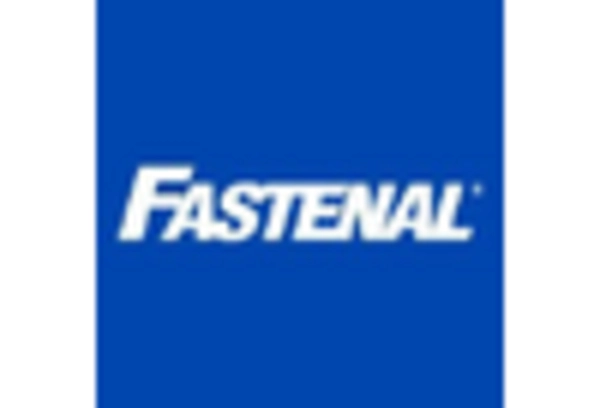
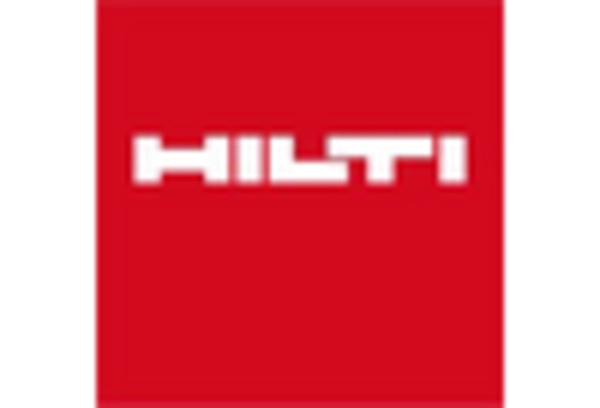
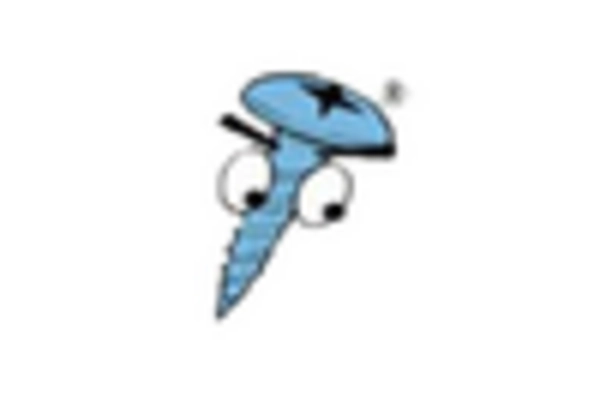
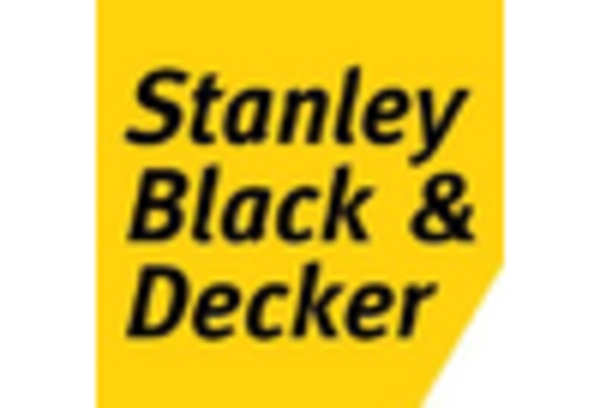
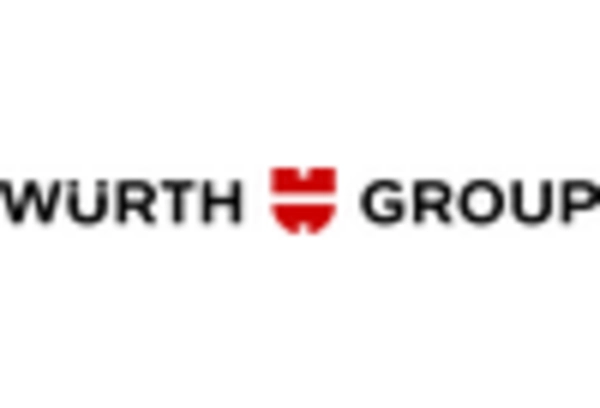









Leave a Comment